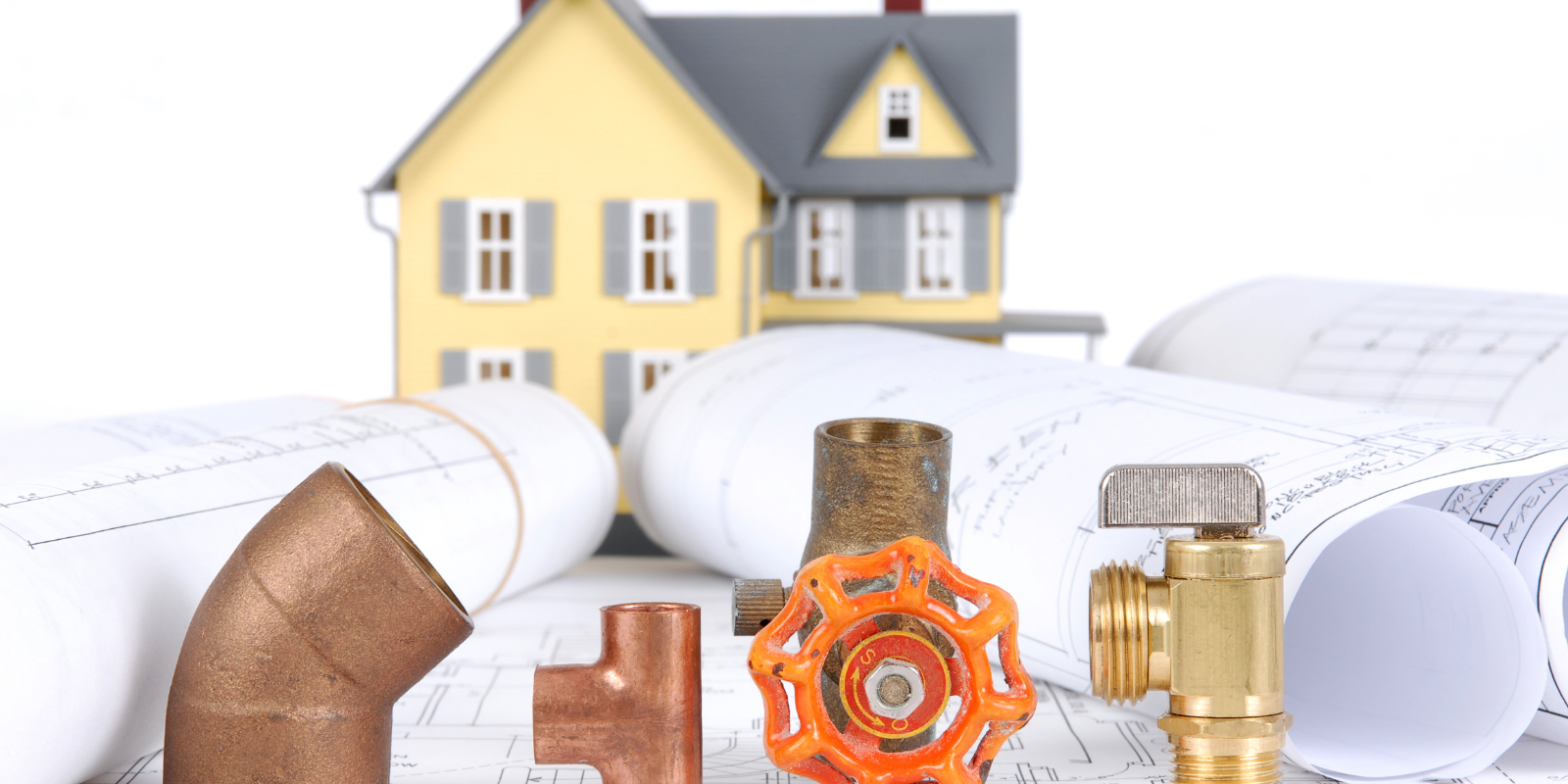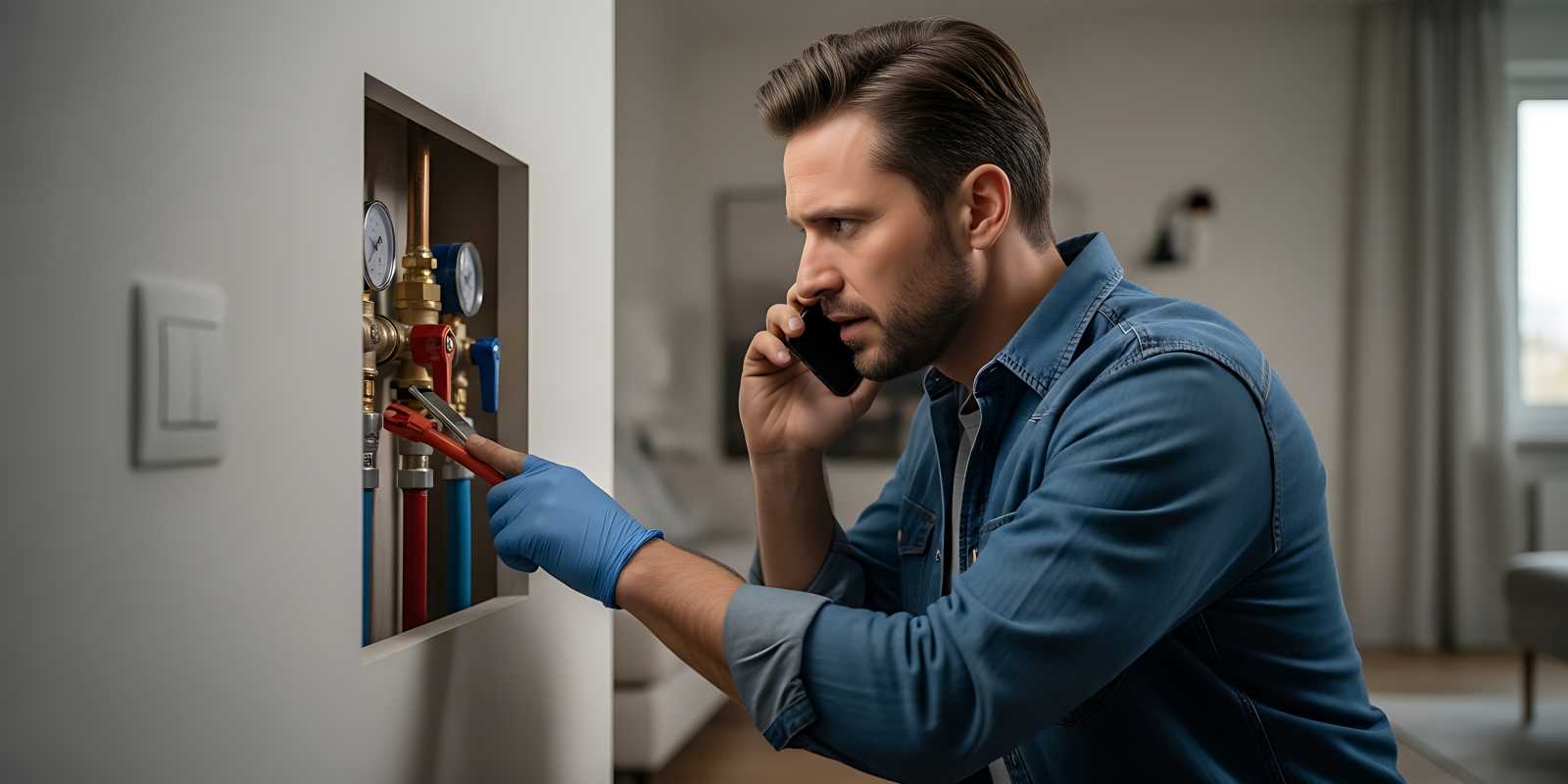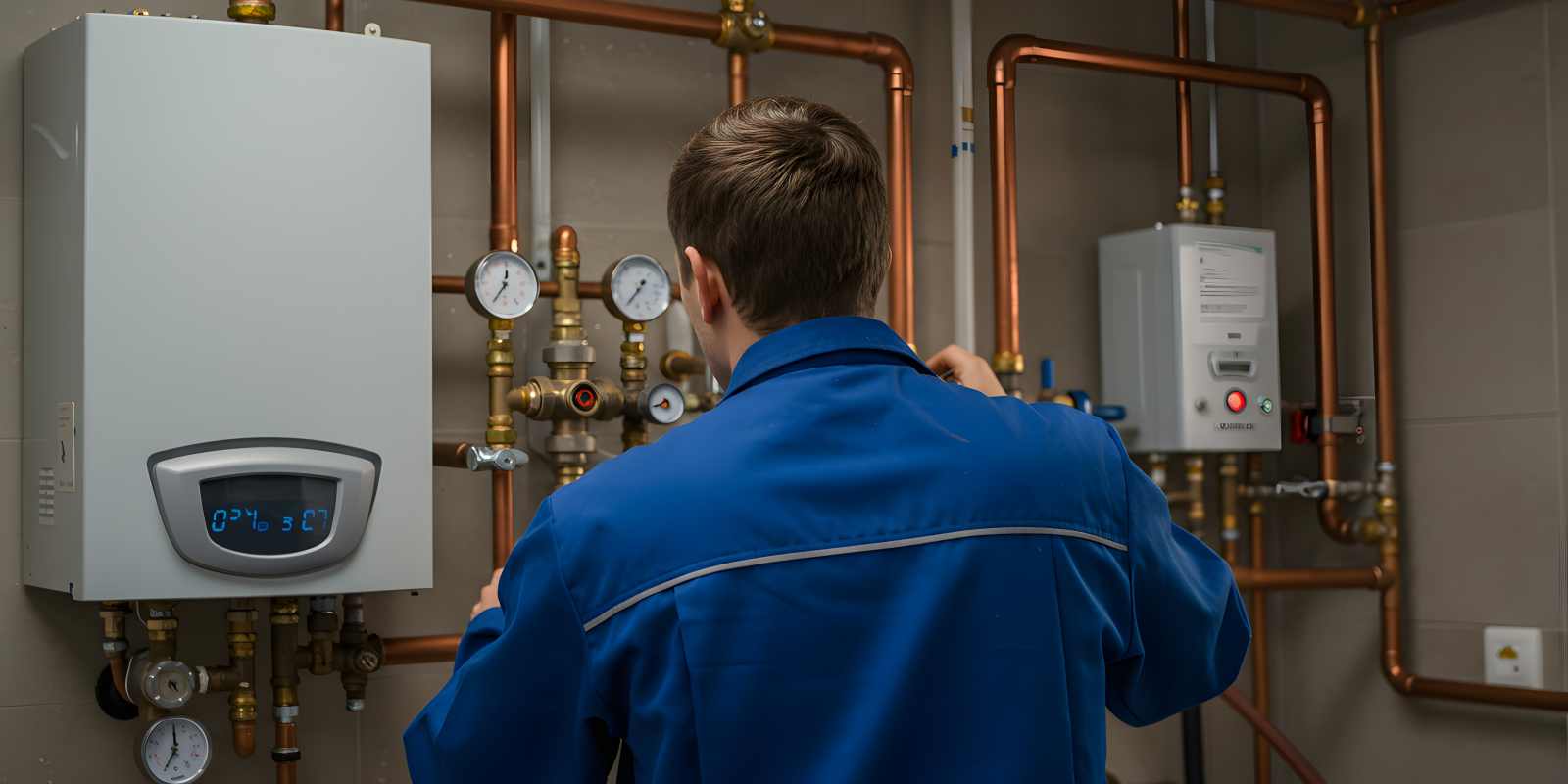
When it comes to home plumbing, there’s no shortage of advice out there—from well-meaning neighbors to internet “hacks.” But not everything you hear is true—and in some cases, these common plumbing myths could be setting you up for costly repairs down the line.
Let’s break down some of the most widespread misconceptions and what you actually need to know to keep your plumbing in good shape.
Myth #1: Flushable wipes are safe to flush.
Fact: Even the “flushable” ones can clog your pipes.
Many products labeled as “flushable” don’t break down the same way toilet paper does. Over time, they can build up in your pipes, leading to blockages and backups—not to mention the strain they put on municipal sewer systems. Stick to toilet paper, and toss wipes in the trash instead.
Myth #2: A slow drain isn’t a big deal.
Fact: It’s often a sign of a growing problem.
A slow drain might seem like a minor annoyance, but it usually means a clog is forming somewhere in your pipes. Ignoring it can lead to more severe blockages, backups, or even damage to your plumbing. Address it early to save yourself the headache (and cost) of a major repair.
Myth #3: Running water while using the garbage disposal prevents clogs.
Fact: Water helps—but it’s not a catch-all solution.
While water can help move waste through the disposal, it doesn’t prevent all clogs—especially if you’re putting in items like grease, eggshells, coffee grounds, or fibrous vegetables (think celery or potato peels). Be mindful of what goes in, even if you’re running water.
Myth #4: Lemon peels clean your garbage disposal.
Fact: They smell nice, but they don’t clean the unit.
Lemons can make your disposal smell fresher temporarily, but they don’t actually clean the blades or remove built-up gunk. In fact, the citric acid can corrode metal components over time. For a more effective clean, use a mix of baking soda and vinegar followed by hot water.
Myth #5: You can fix any clog with a chemical drain cleaner.
Fact: Those harsh chemicals can do more harm than good.
Chemical drain cleaners might seem like a quick fix, but they can damage your pipes—especially if used repeatedly. They also don’t always remove the full clog, which means it’s likely to return. When in doubt, go with a plunger, a drain snake, or call in a pro.
Myth #6: Plumbing maintenance isn’t necessary unless something breaks.
Fact: Routine maintenance prevents bigger (and more expensive) issues.
Regular inspections and upkeep—like checking for leaks, insulating pipes, and flushing your water heater—can extend the life of your plumbing system and help you avoid emergency repairs. Think of it like getting an oil change for your car—it’s cheaper than replacing the engine.
Myth #7: All plumbers are the same.
Fact: Experience and certifications matter.
Not all plumbing services are equal. It’s important to hire licensed professionals who have the training and experience to handle the job correctly. Quality work can mean the difference between a long-term solution and a repeat issue.
Bottom Line
When it comes to plumbing, believing the wrong “advice” can cost you. Knowing the facts—and acting on them early—can help you avoid preventable damage and expensive repairs.
If you’re not sure what’s myth and what’s maintenance, the team at A. Borrelli Mechanical is here to help you make sense of it all.



